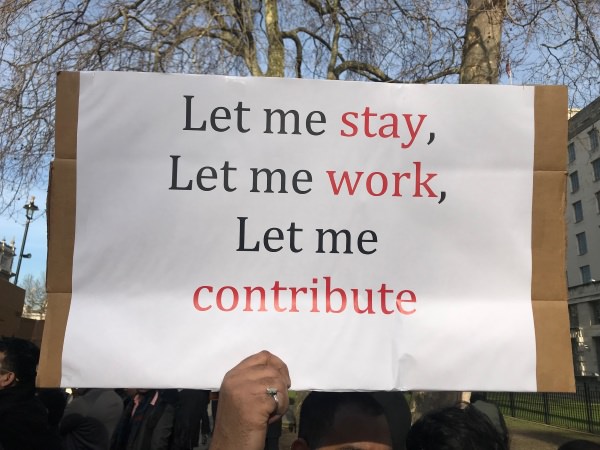RIO DE JANEIRO, BRAZIL – Brazilians’ opinion of the Home Office has become less optimistic throughout the pandemic. A survey of social media comments by Orbit Data Science shows how this has changed.

In January, when social isolation had not yet been implemented in Brazil, approximately 70 percent of people praised the use of the Home Office. Between April and June, in the worst stage of the pandemic, approval reached 45 percent.
The survey focused on 4,798 comments from Brazilians’ profiles on Twitter, Instagram, Facebook and news websites between January and October 2020.
To this end, the company’s data scientists analyzed each post separately and succeeded in grouping them into 76 major opposing opinions on the topic.
According to Caio Simi, Orbit’s CEO, the perception of Home Office work has worsened in the pandemic, but there is a more complex scenario unfolding.
“We observed a crisis in the perception of the Home Office because it changed from concept to reality. If before it was practiced by some professionals only a few days a month, it became the new established standard. And this raises many questions,” explains Simi.
The study found that the development of conversations on the networks suggests that the perception of the Home Office is divided into four different stages throughout 2020. The “pre-impact” is represented by the months of January and February. The “Impact” comes in March. The “Adaptation” occurs between April and July. Finally, “Consolidation” encompasses the months of August and September.
In January and February, in Stage 1, the Home Office was praised in comments such as “I’m more comfortable”, “I work in whatever clothes I feel like” and “I have time for other activities” were the main feelings. Those complaining did so because they were distracted by the home environment.
In Stage 2, in March, there was a surge of comments complaining about the increase in working hours imposed by remote work.
Stage 3, represented in the study by the months of April, May and June, is when the perception of remote work reaches its peak point in negative comments. The absence of adaptation policies by many companies led to health issues among employees.
In Stage 4, the consolidation stage of the Home Office, represented in the study by the months of July, August and September, the debate around the return to in-person work becomes polarized in the networks. At this time the perception of the Home Office becomes mostly positive again.
“Between April and July, we perceived a growth in people complaining of back pain, body aches and stress, which was decisive for the image of the Home Office to become more negative than positive in the networks for the first time in all of the study’s ten months”, explains Simi.
According to the latest data from the Brazilian Institute of Geography and Statistics (IBGE), 7.9 million workers in the country were in Home Office in October. In Brazil, the active working population is approximately 79 million people.
Source: Exame

